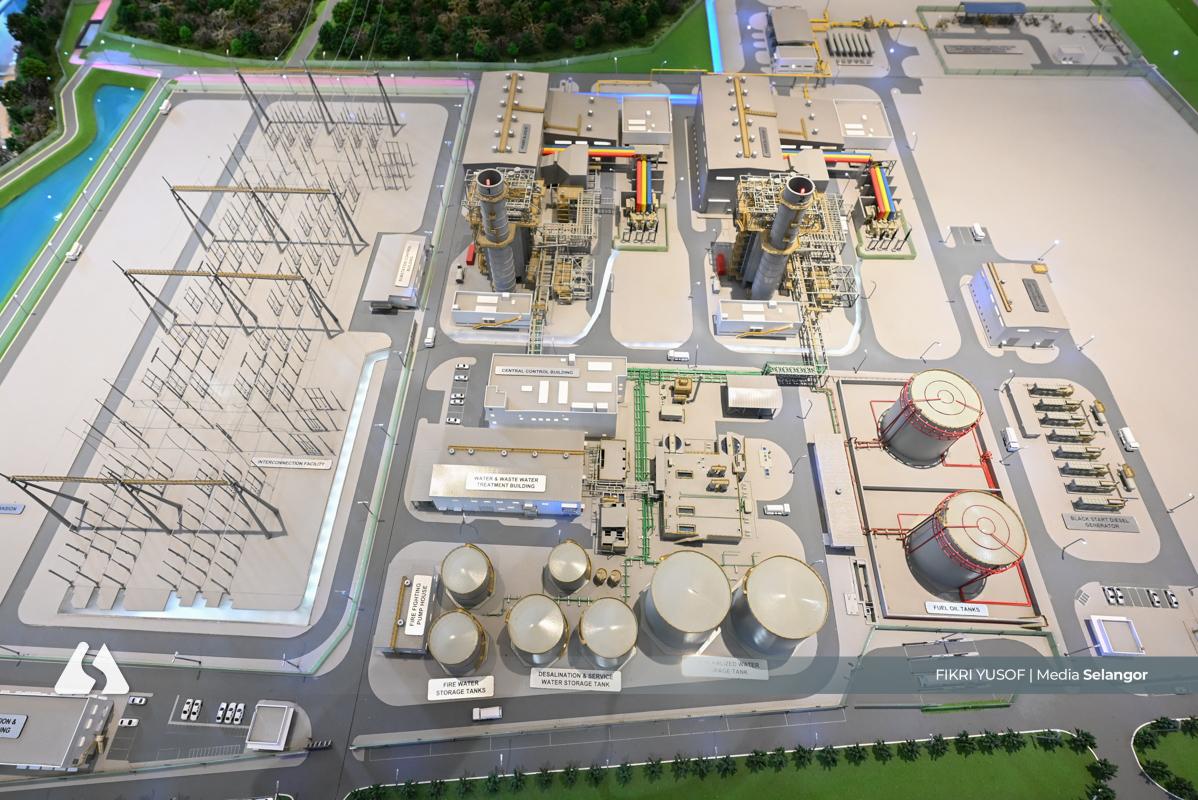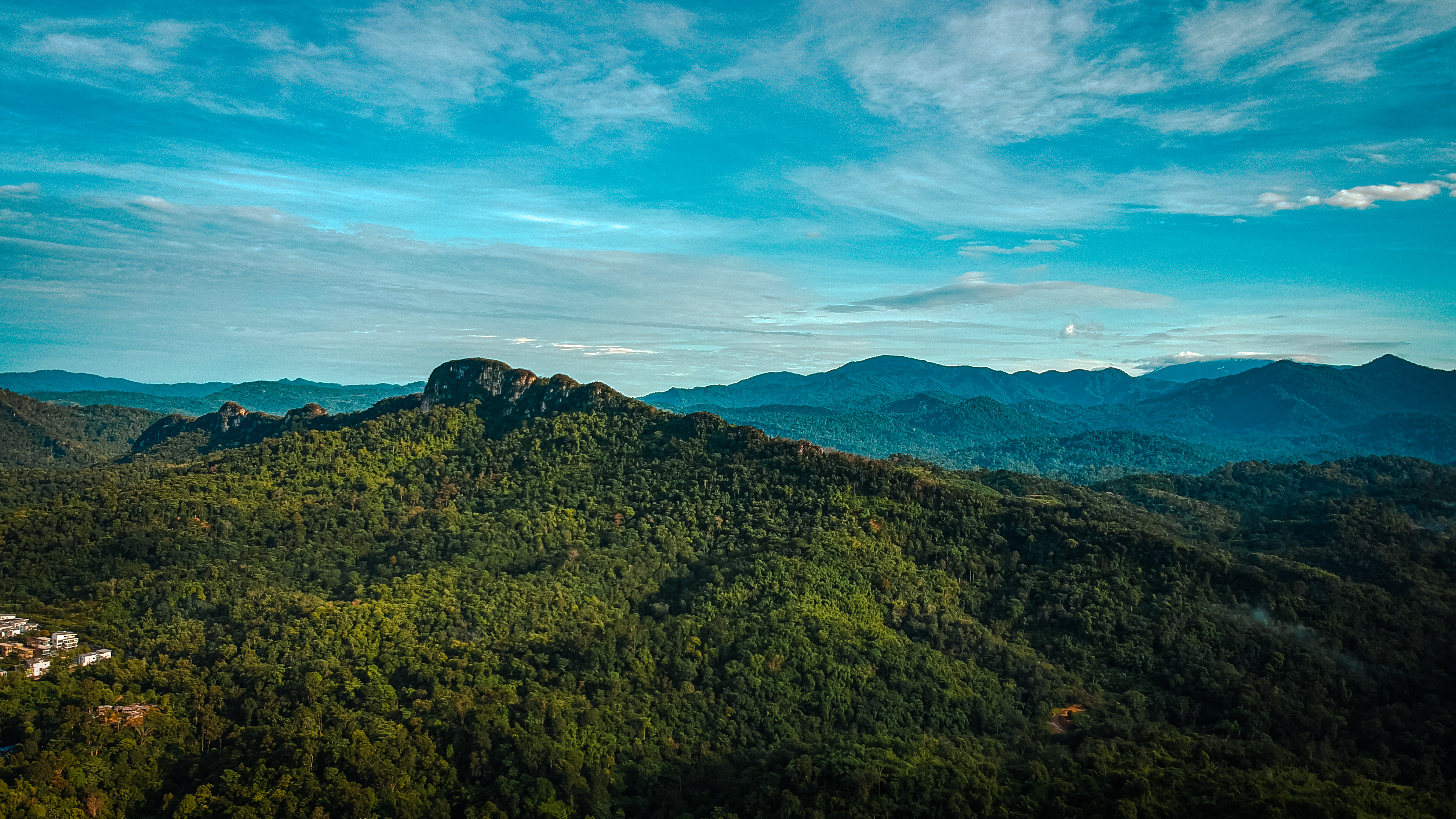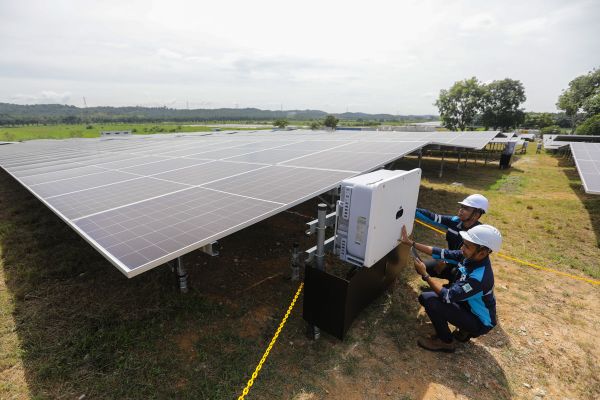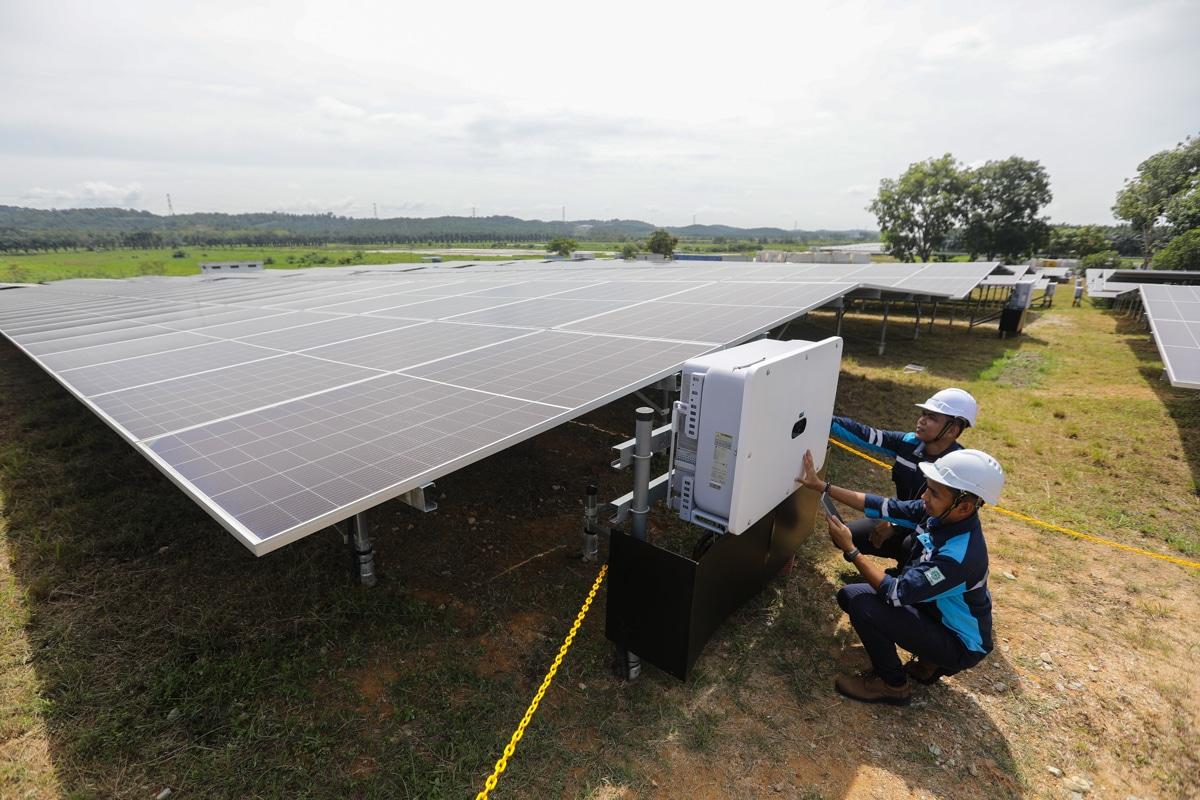SHAH ALAM, Nov 14 — State residents who adopt environmentally friendly technologies at home next year will enjoy up to 100 per cent property tax rebates, said Menteri Besar Dato’ Seri Amirudin Shari.
Eligible eco-friendly facilities include solar panels to reduce reliance on the national grid, rainwater harvesting systems, household waste segregation to simplify recycling, electric vehicle charging units, and food waste composting systems.
“For next year, residents who install all these facilities will enjoy up to 100 per cent property tax rebates for the 2026 assessment year by applying to their respective local authorities and through the review process,” he said when tabling the 2026 Selangor Budget in the State Legislative Assembly today.
The rebates are part of the state government’s efforts to encourage public participation in the Low Carbon City Framework.
Amirudin added that the initiative builds on the success of a similar programme by the Petaling Jaya City Council (MBPJ), which received applications from 2,313 residents, resulting in RM878,205.05 in property tax rebates.
Four city councils — Petaling Jaya, Shah Alam, Subang Jaya and Klang — will each provide RM1 million in property tax exemptions for the 2026 assessment year, municipal councils will provide RM200,000 each, and the Sabak Bernam District Council will offer RM100,000.
“On the state government’s part, Selangor will begin replacing conventional lamp posts in state government offices, on state roads, and in local authorities with energy-efficient solar-powered lighting, to optimise costs while making the state more environmentally friendly,” he said.

Green economy agenda
On the Selangor Agenda for Green Economy (SAGE) initiative, the Menteri Besar said the first phase, focusing on clean energy, was launched last month, including projects like the Pulau Indah Power Plant (PIPP) and the Fifth Large Scale Solar Programme (LSS5), while the second phase on the circular economy will be developed next year.
The state government also aims to reduce waste, promote recycling, and improve energy efficiency in public and industrial buildings, via a RM250,000 allocation.
He said they will also roll out the Selangor Biodiversity Action Plan, with RM300,000 in funding, to provide strategic guidance to safeguard ecosystems like peat swamps and threatened rainforest tree species.
“This will guide state agencies in tackling ecosystem threats and protecting key forest areas,” Amirudin said.
In line with the national target to achieve net-zero carbon emissions by 2050, the state government will implement the Selangor Carbon Programme, with RM300,000 in funding, to identify and develop technology-driven carbon projects that could generate carbon credits for the market.
This initiative, led by the Selangor Climate Adaptation Centre (SCAC) in collaboration with the Malaysia Forest Fund (MFF), aims to attract green investment, empower communities, and preserve forests and natural ecosystems.
Community-based programmes will continue in 2026, building on previous efforts that resulted in the planting of 1.88 million trees.
He said an additional RM500,000 will be allocated to community and youth empowerment programmes, supporting projects like river and local ecosystem conservation, community greening by schools and local associations, and recycling and composting initiatives.
Separately, the Gombak-Hulu Langat Geopark (GHL Geopark) will be developed into a major geotourism destination, showcasing the state’s natural heritage.
“The National Geopark Committee will begin preparations for evaluation by the Unesco Global Geoparks Network.
“Basic tourism infrastructure will be developed, including geo-trails, geology education galleries, and recreational facilities. For this purpose, RM2 million will be allocated,” Amirudin said.




